0
You have 0 items in your cart
Lauaxeta Ikastola’s post-secondary level has three aims: firstly, to make the students aware that their learning must be excellent and is a lifelong process, secondly to nurture their initiative and their capacity to improve society, and thirdly to encourage an enterprising, proactive attitude, vital for solving problems in life and tackling personal and professional challenges.
In Lauaxeta Ikastola, in addition to the 3 modalities of baccalaureate, within them we have created different orientation itineraries. The objective is that, depending on the studies you want to pursue later, your high school is adapted to your goal and for this you can study the most appropriate subjects.
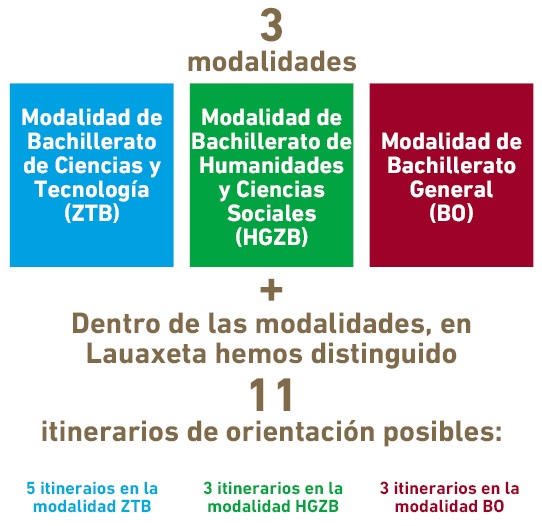
The scientific baccalaureate or baccalaureate in the science modality allows the acquisition of basic competencies in the scientific field, so that students have, when they finish, the essential tools to begin university studies corresponding to the scientific-technological branch of knowledge.
It is mainly aimed at people interested in scientific and technological subjects. Some related degrees are, for example, Medicine, Veterinary Medicine, Biology, different Engineering or Architecture.
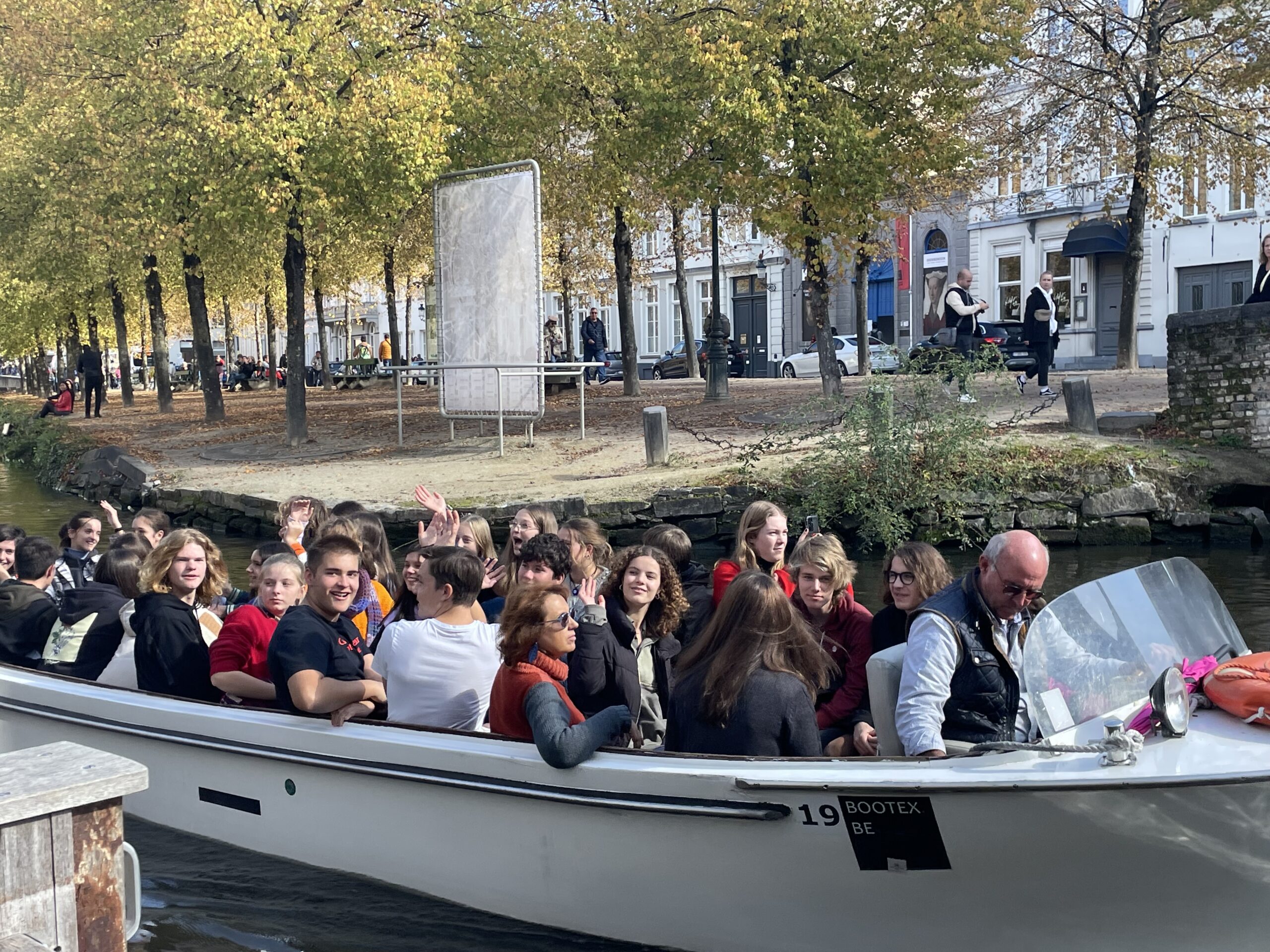
This type of baccalaureate is aimed at students who show interests and skills in management, reading, communication and abstract reasoning, and allows the acquisition of basic competences in the social and human fields.
It allows the successful continuation of undergraduate university studies corresponding to the branch of knowledge of Humanities and Social Sciences. Some of the degrees that can be taken are: Law, Journalism, Business Management or Advertising.
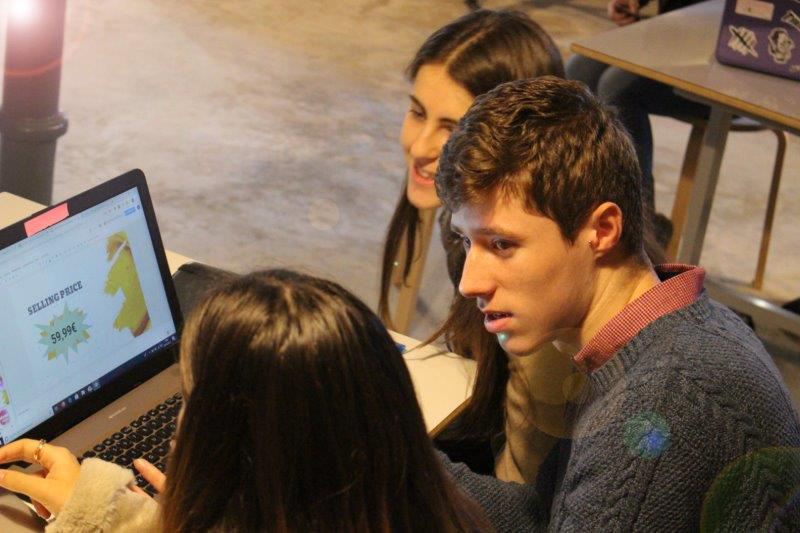
This type of baccalaureate is designed for students who do not wish to opt for the scientific-technological baccalaureate or the baccalaureate of humanities and social sciences. In general, Mathematics would finish the 1st year of the baccalaureate and in the 2nd year of the baccalaureate the student would develop the subject of General Science.
The student who opts for this type of baccalaureate is because he/she does not need mathematics in his/her higher studies. Once this has been chosen, the student could study higher grade cycles and, depending on the weightings of the university entrance subjects, some specific grades in any field of knowledge.
The Lauaxeta European Business Baccalaureate Diploma is a project forming part of the EU Erasmus+ programme. Its main aim is to assure quality common skills for all students in higher education through these Baccalaureate studies. It is mainly geared to those with an interest in degree-level studies connected with business and the economy, although the LEBBD course is open to any students.
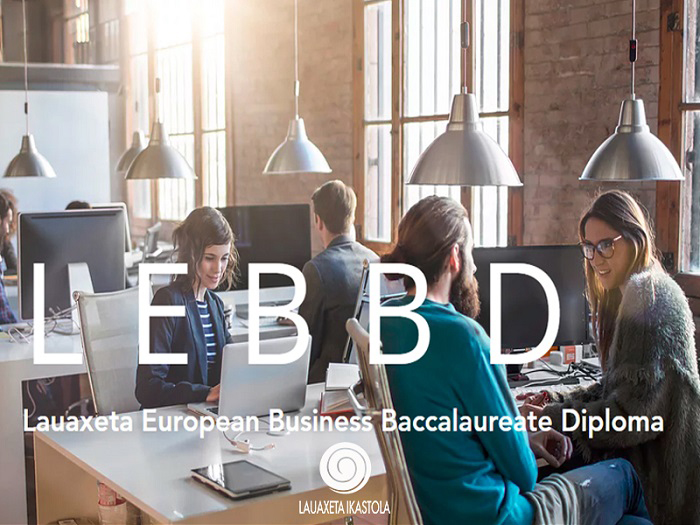
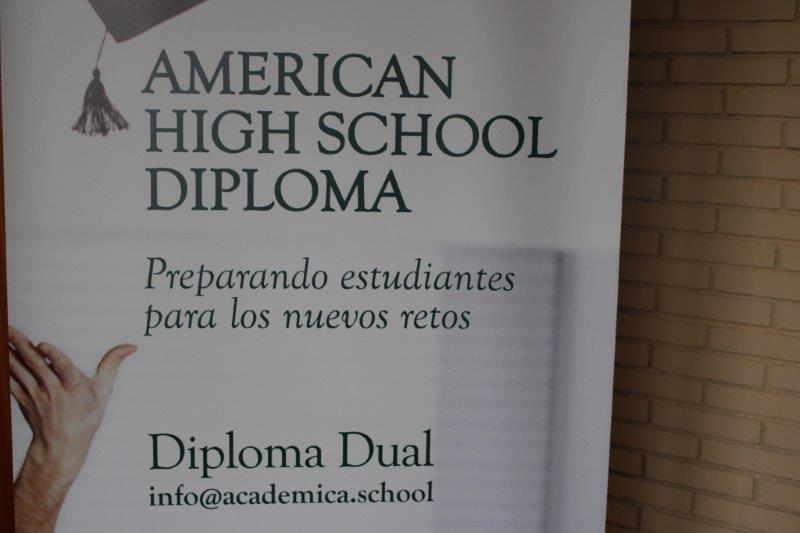
With this diploma, the student’s home country Baccalaureate is obtained (hands-on), together with a USA High School Diploma (online).
The programme has three main aims: linguistic, technological and personal immersion.
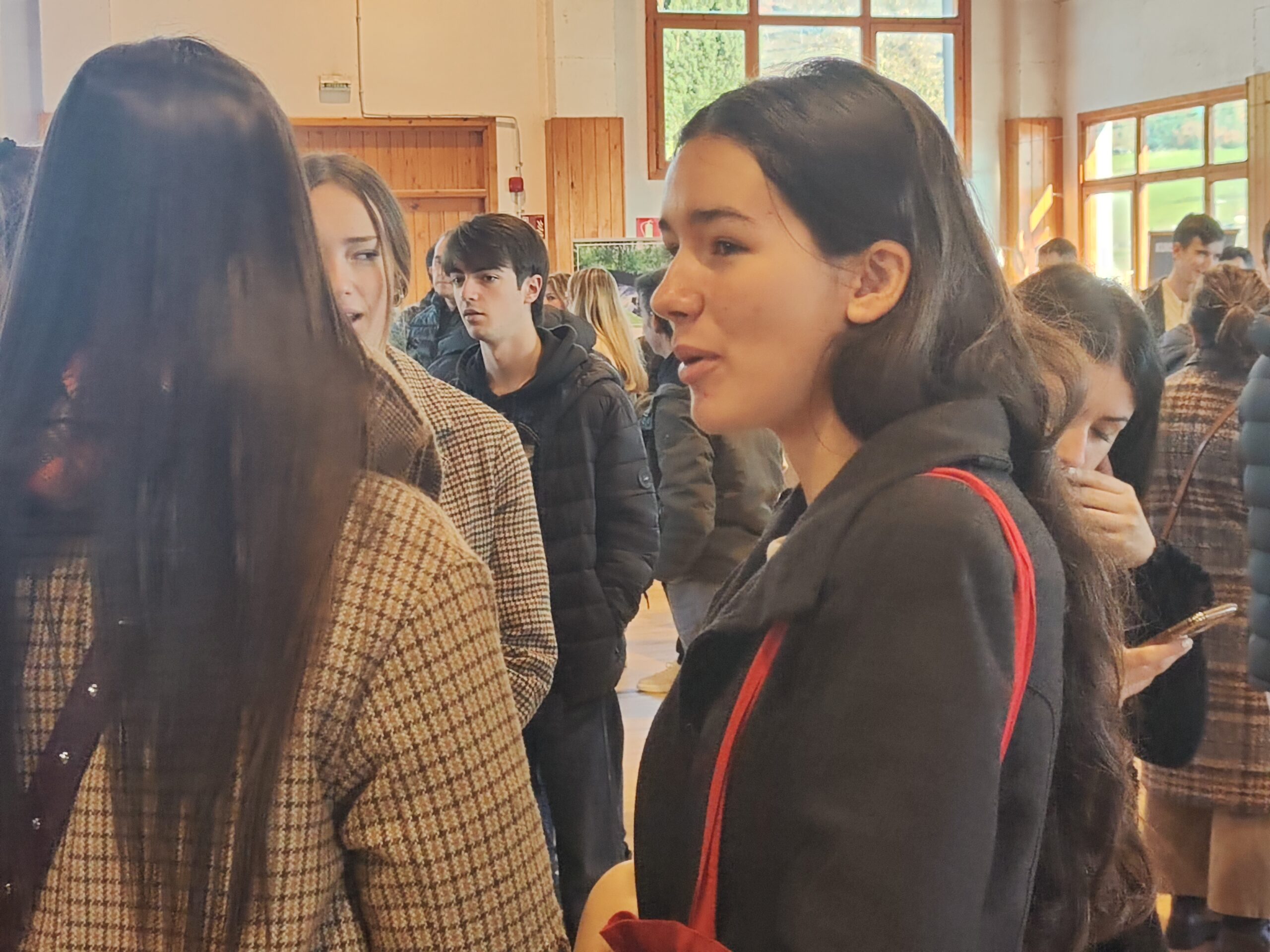
The aim of skills-based work is for the students to develop a series of skills that will allow them to take on their own personal challenges and enhance their capacity for happiness. The goal of skills-based learning is not merely «knowledge» but also «know-how». This knowledge is applied and can be adapted to different situations and contexts, giving our students the ability to cope in life. Conceptual content is still important in this approach, although it is a means for achieving it rather than an aim in itself.
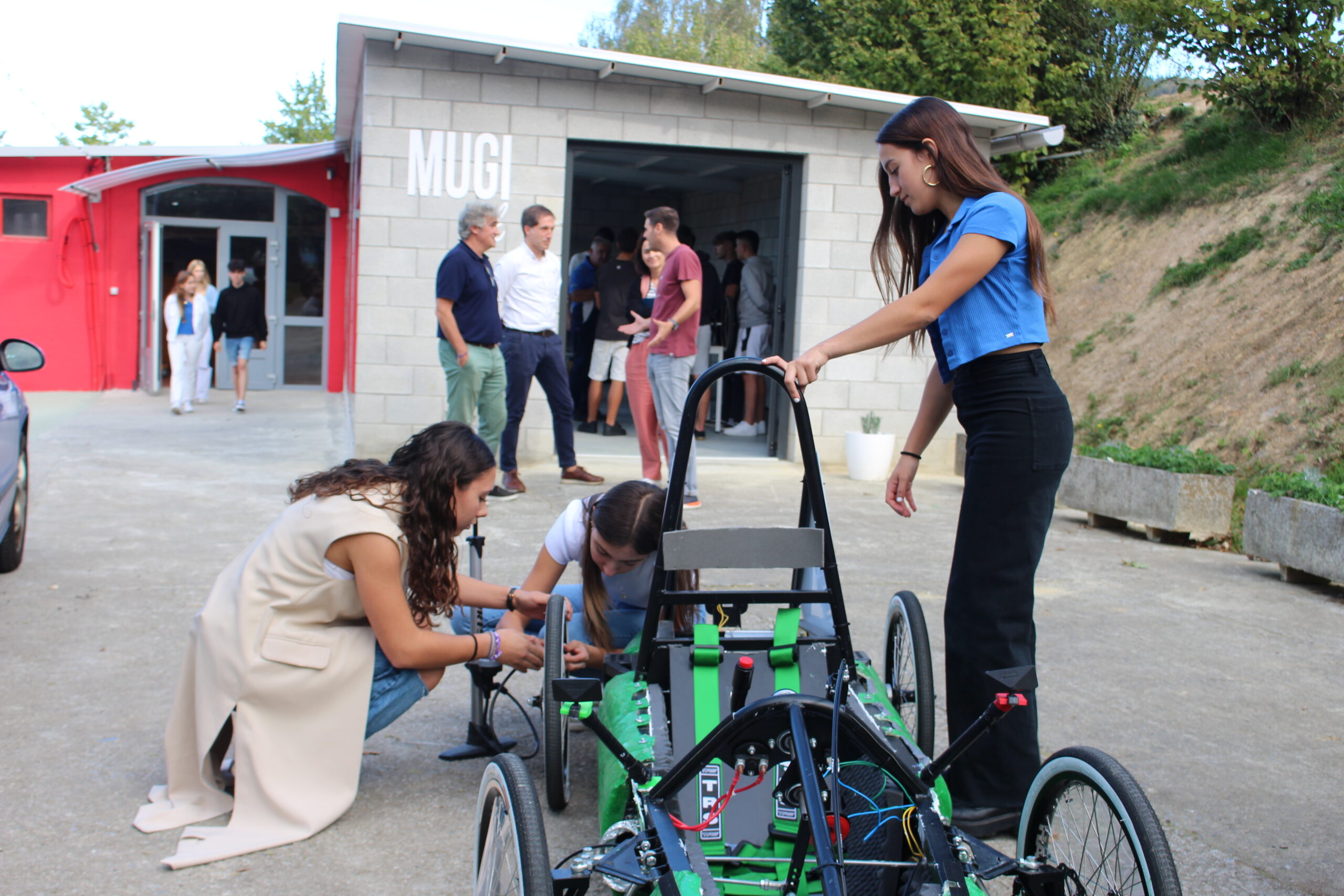
Are you capable of creating your own business project?
The students develop entrepreneurial skills, through direct contact with professional advisors and sessions with experts in the field of business, innovation and communication.
The second year of post-secondary education gives students the opportunity to discover their professional and/or academic future first-hand.
You will learn the inside workings of a company – your company – from a professional in your field of studies. This will help you prepare better for the course you want to take and make it much more meaningful.
The Green Power project brings together STEM subjects and skills in the area of economics. The students design and manufacture a racing car based on electric mobility and applying technical knowledge that involves technology, physics, chemistry and economy. Races are organised by Green Power to test the strength of the designs.
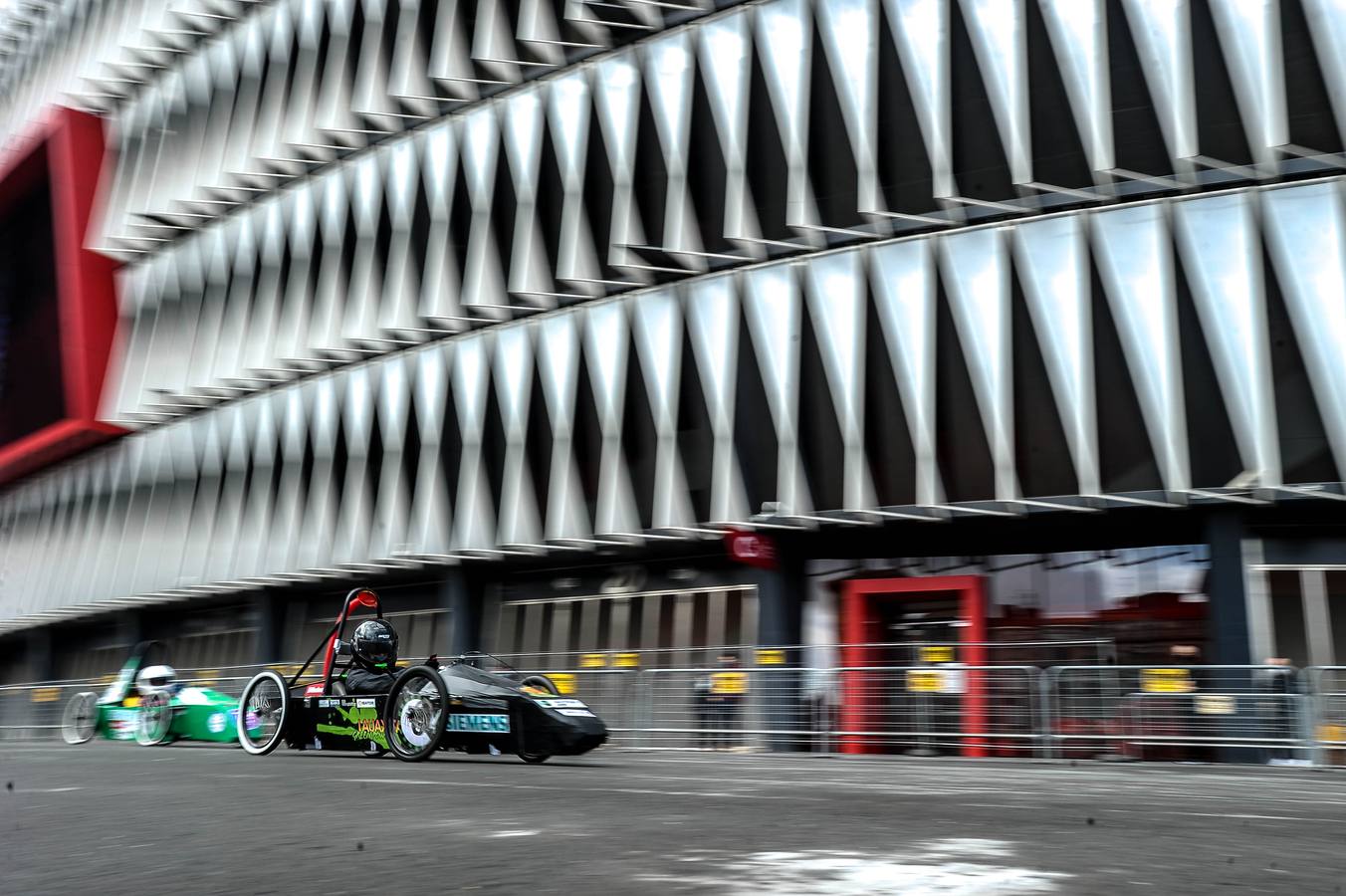
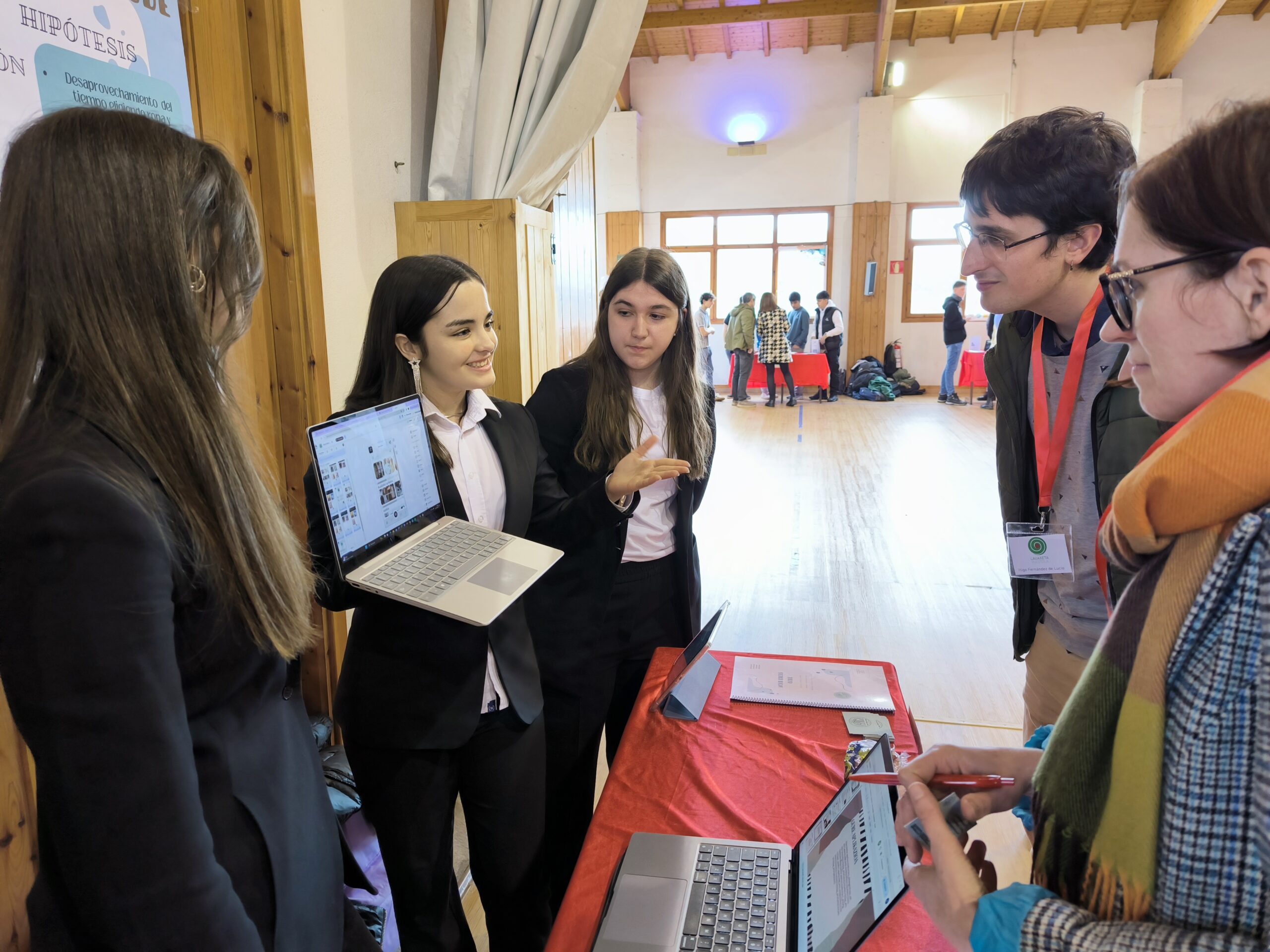
A critical attitude to life, the ability to develop your own criteria and justified reasoning are some components of this skill.
Post-secondary students are about to reach the age of 18, when they will come of age, be socially responsible and have to make important decisions in their lives.
In the first year of post-secondary the students take part in the EYP (European Youth Parliament) programme via the optional subject of Speaking. This programme addresses politics and the social and world economy, conveying values such as debate, discussion, active listening or public speaking in accordance with the United Nations model. The programme concludes with a series of national, regional and international events, attended by all the students who have participated in the project. The entire programme is in English.
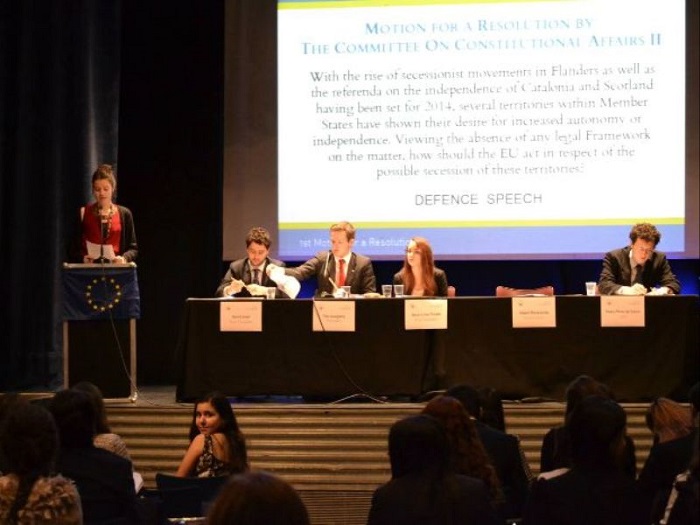
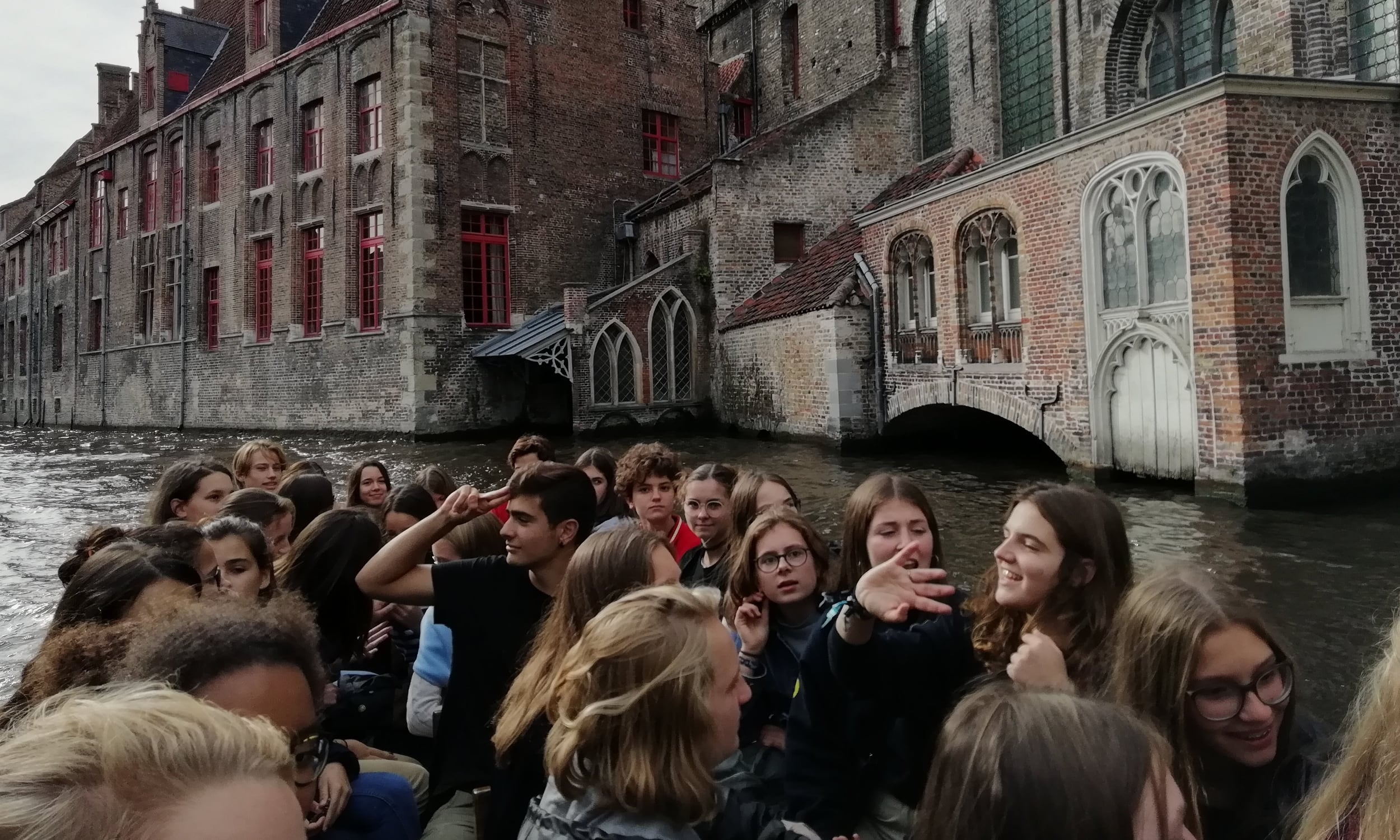
Effectively communicating in more than one foreign language is a priority for post-secondary students. Students in the first year of post-secondary therefore take part in an exchange programme with another centre in La Rochelle. This is a year-long project, and at the end of the year they have a full week’s stay at the home of a French students’ family. Also, to improve their communication capacity in English, during the year the students get the chance to spend a week in Denmark, combining classes and leisure activities. Finally, they also have the opportunity of an exchange experience in Berlin.
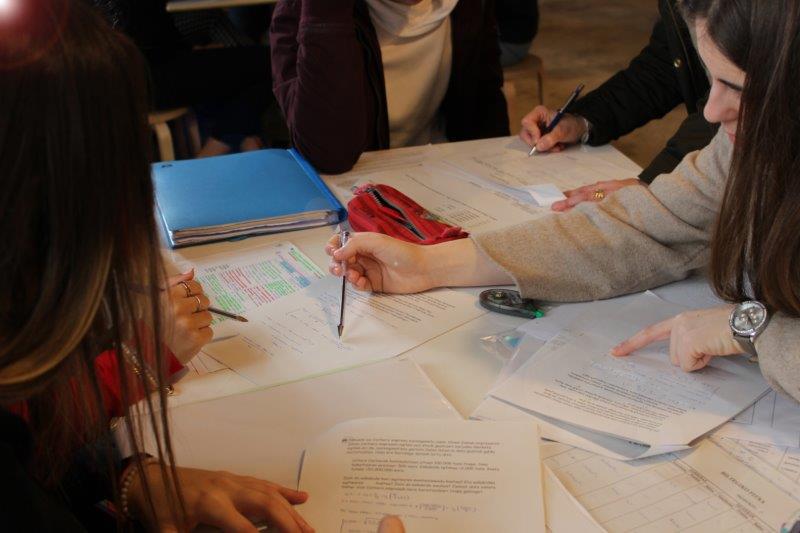
At the end of the first year of the post-secondary course, the students attend a special course specifically for obtaining the C1 certificate in the Basque language. As well as contributing to improving their proficiency in Basque, if they obtain the certificate it also enables them to be a step ahead in their future studies and professions.
The Ikastola’s tutoring programme focuses on monitoring the students’ emotional development. Developing positive emotions, defining feasible goals and achieving them are the path to continuous improvement. We believe that academic and curricular success are more easily attained in positive emotional states, so we work on that aspect.
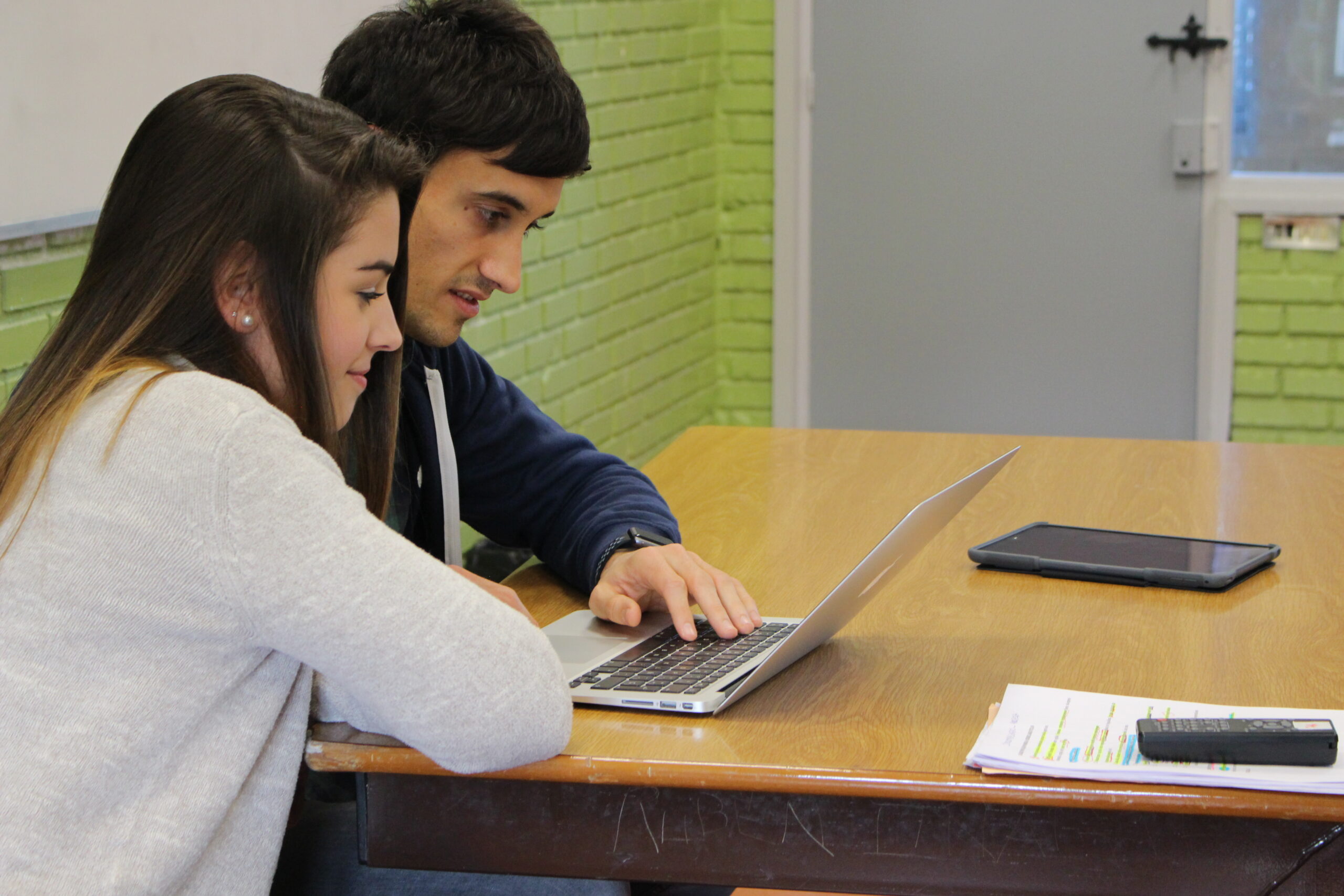
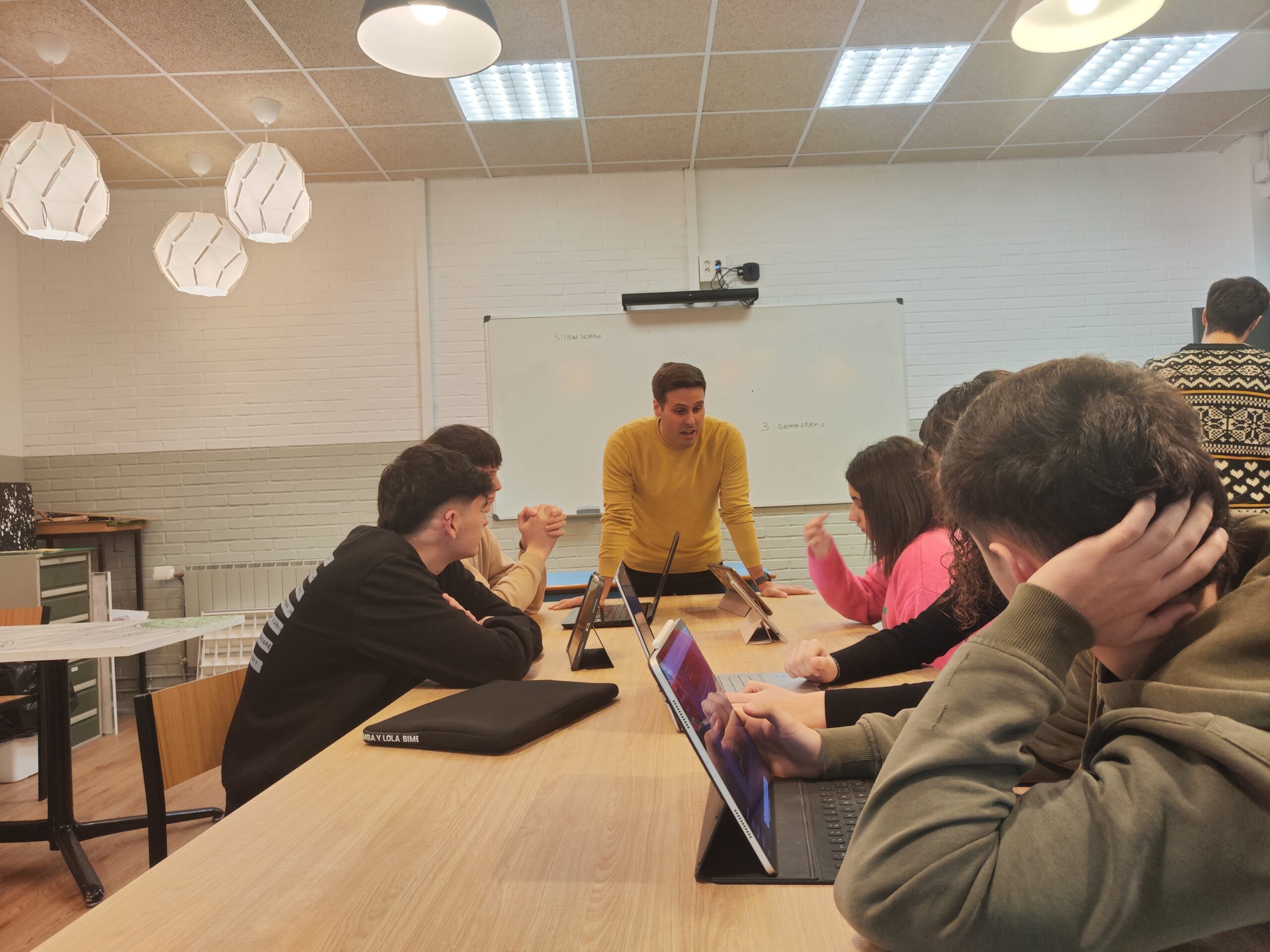
Communication and the exchange of opinions between the teacher and the student is vital to the process of learning and improvement, for developing skills and the assessment system as a whole. In addition to constant networking throughout the academic year, each student receives specific feedback three times a year on their strong points and areas for improvement.
Reflection, emotional control, awareness of one’s own reality, self-control… These are all mindfulness strategies and techniques we develop with the students. Also, as no two students are alike, an array of different techniques and strategies are used so that they will all receive the experience that is best for them and feel comfortable about the future.
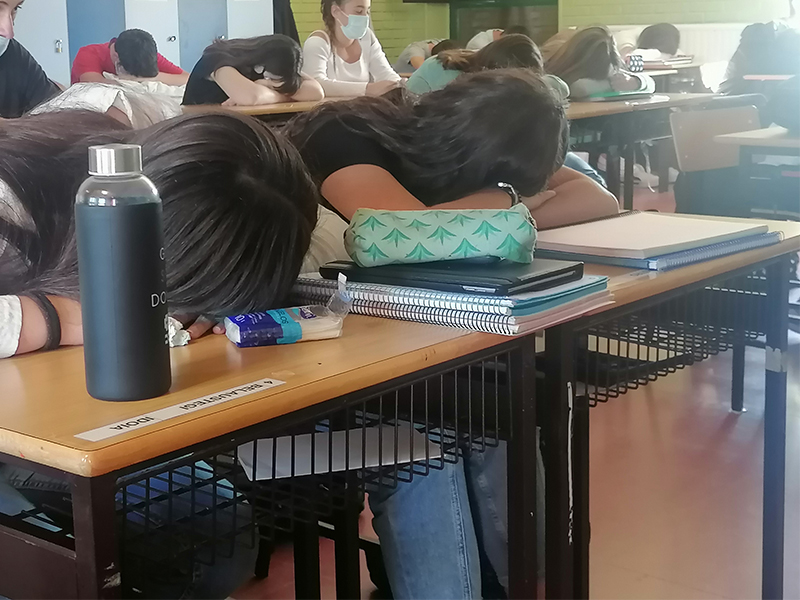
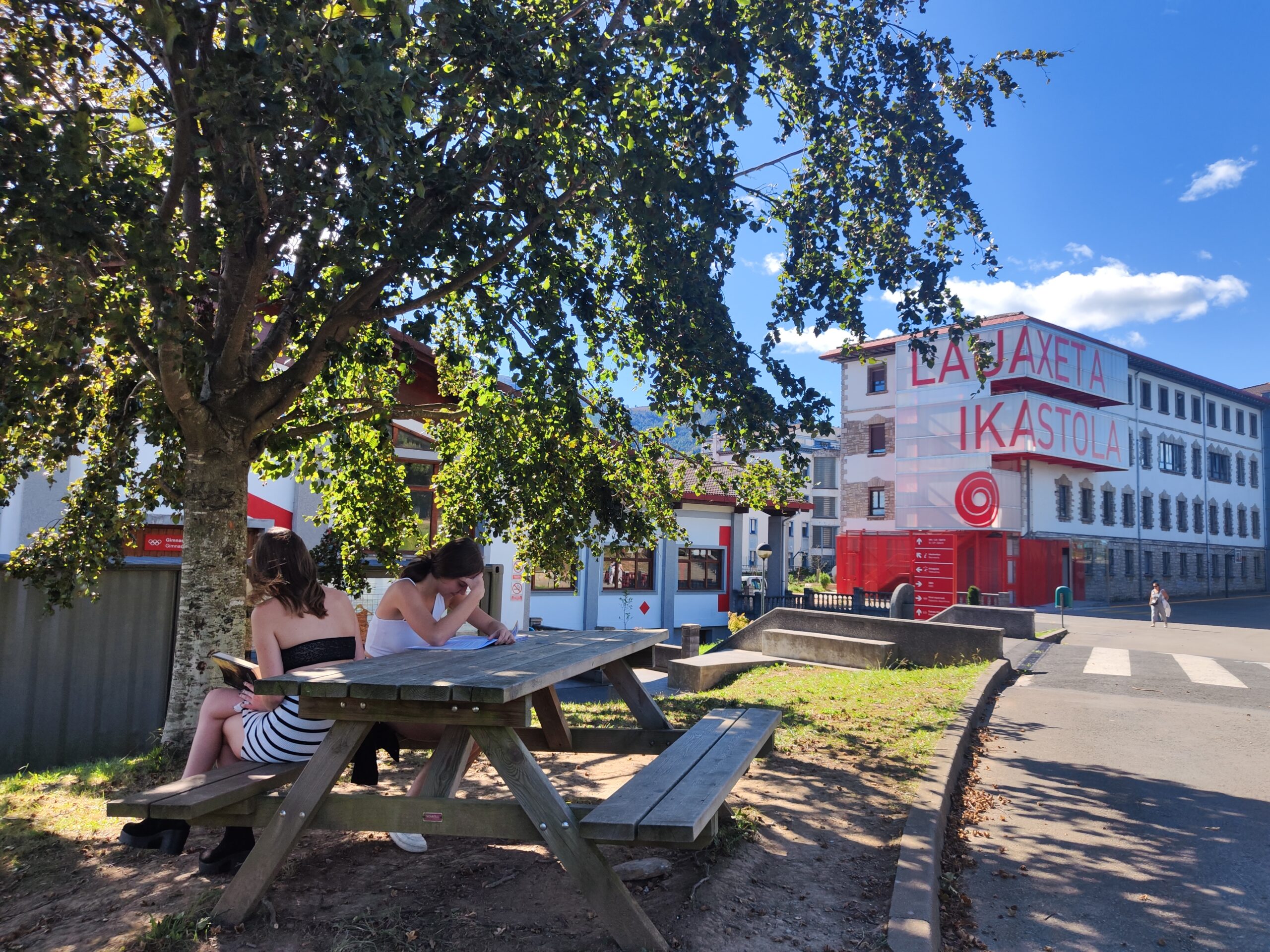
Gifted students are particularly skilled, and catering to their needs involves different elements, from suitable diagnosis to the right educational approach in the classroom. Also, different focuses are used to teach the subjects, with an open-minded and limitless approach so that these students can reach their full potential.
In post-secondary the results matter, and the students must be made aware of this fact. We encourage all of them to take the PAU exam on concluding the second year of post-secondary, and the pass rate for our students in this year is 98%. The majority of them can then go on to access the studies of their choice.
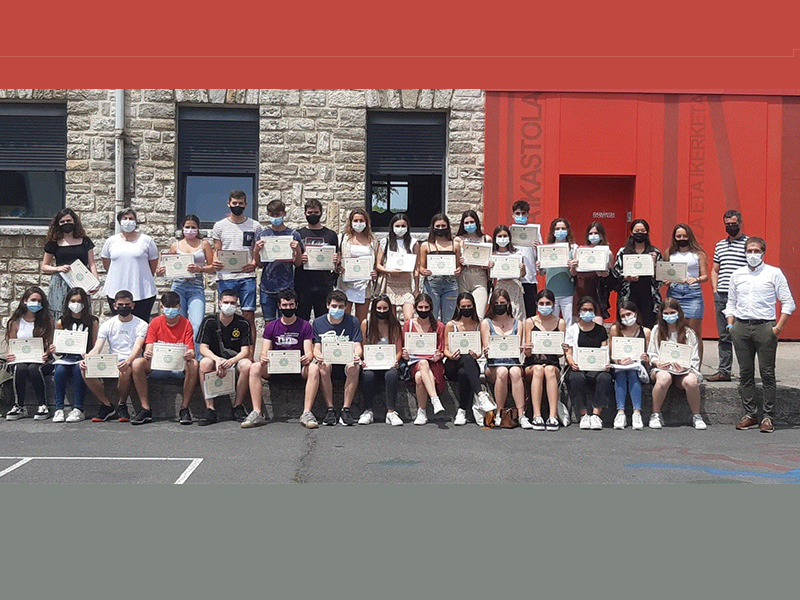
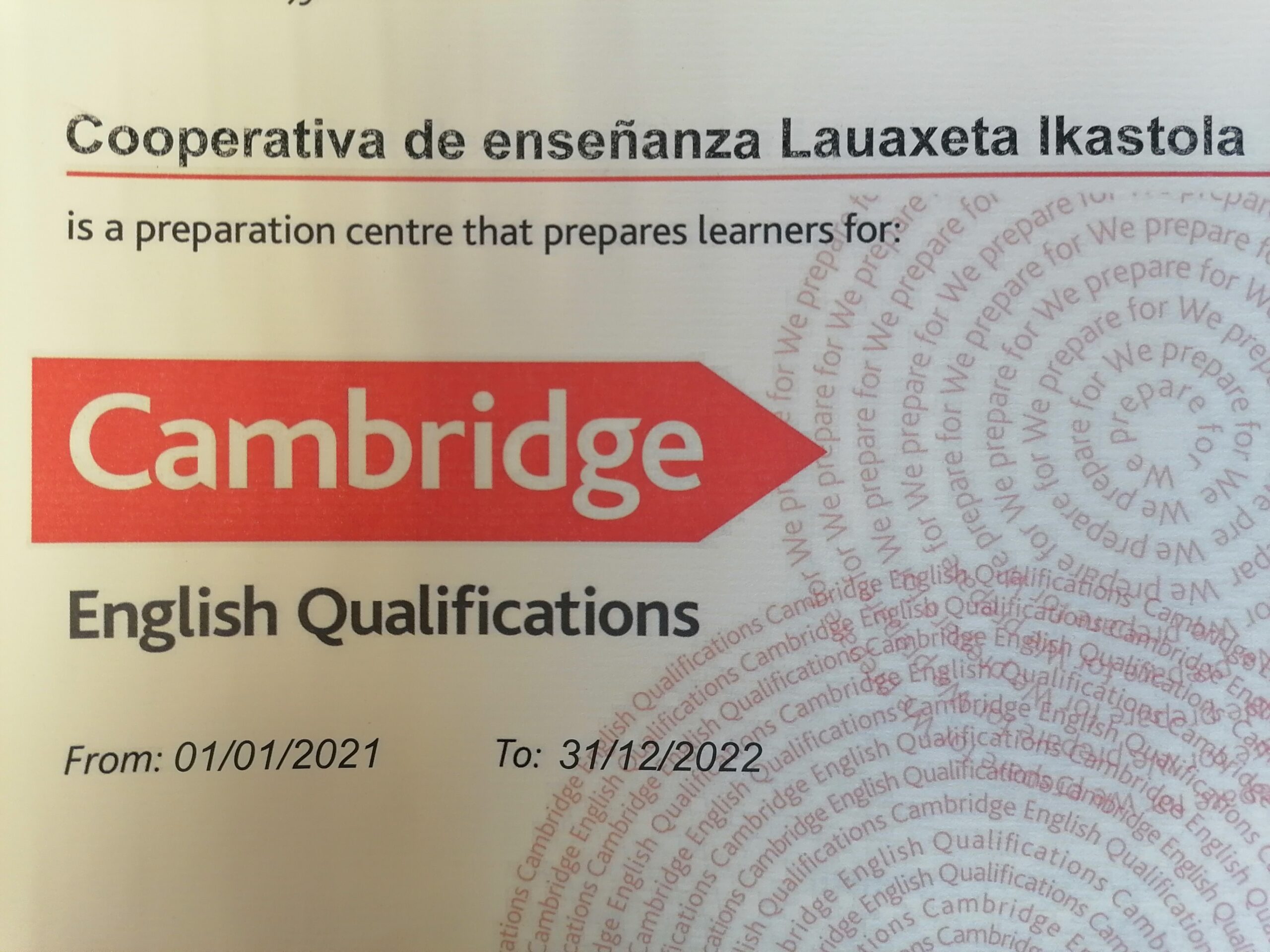
The students have the chance to sit the official Cambridge exams at the Ikastola school itself. The English teachers provide the necessary guidance so that they can take the exam best suited to their level of English.
The post-secondary students have the option of studying a second foreign language, either French or German. Those who choose this option achieve competence in four languages on completing post-secondary level. Also, in the second year of post-secondary they have the chance to obtain the official accreditation, according to their level of proficiency.
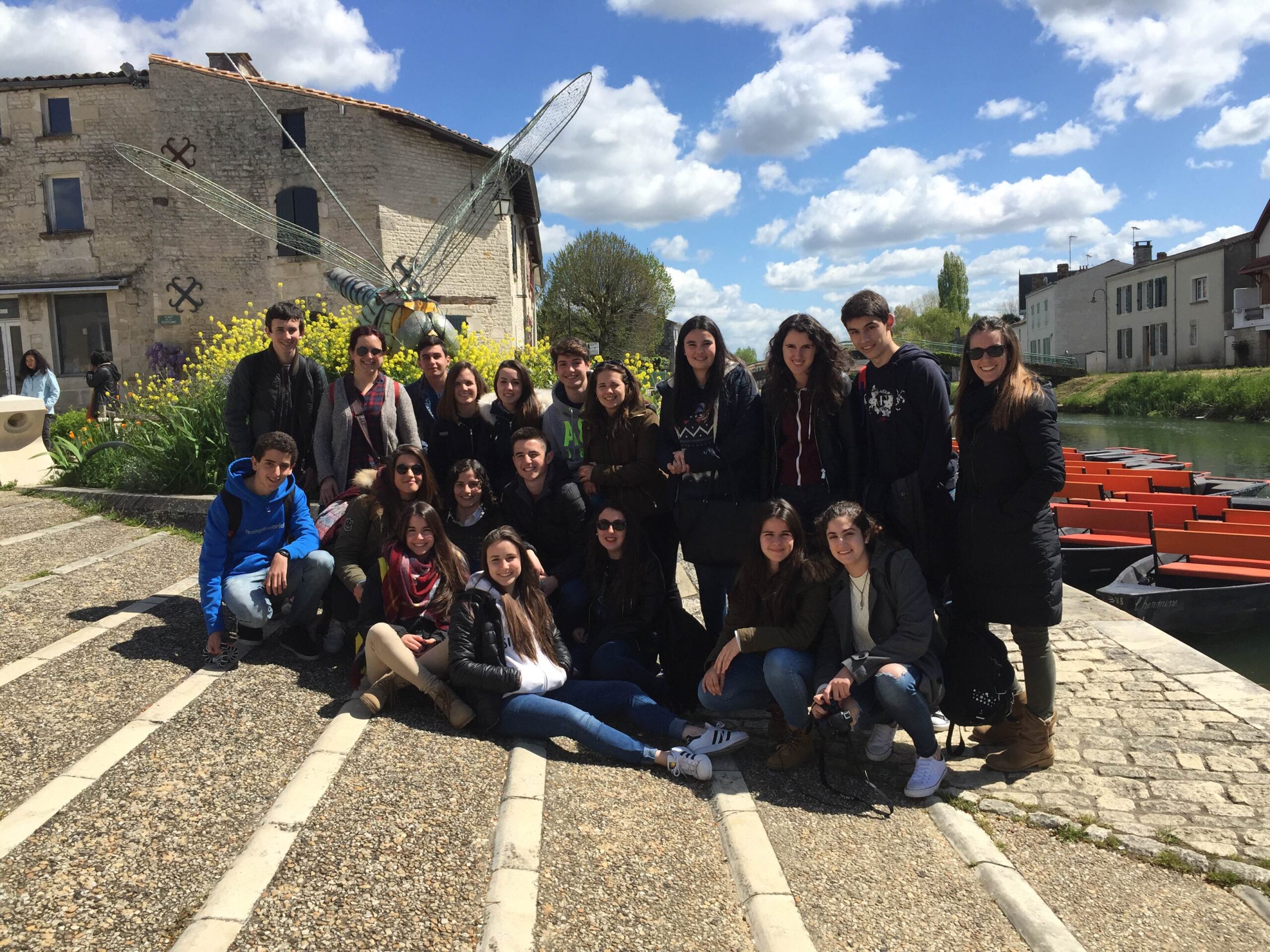
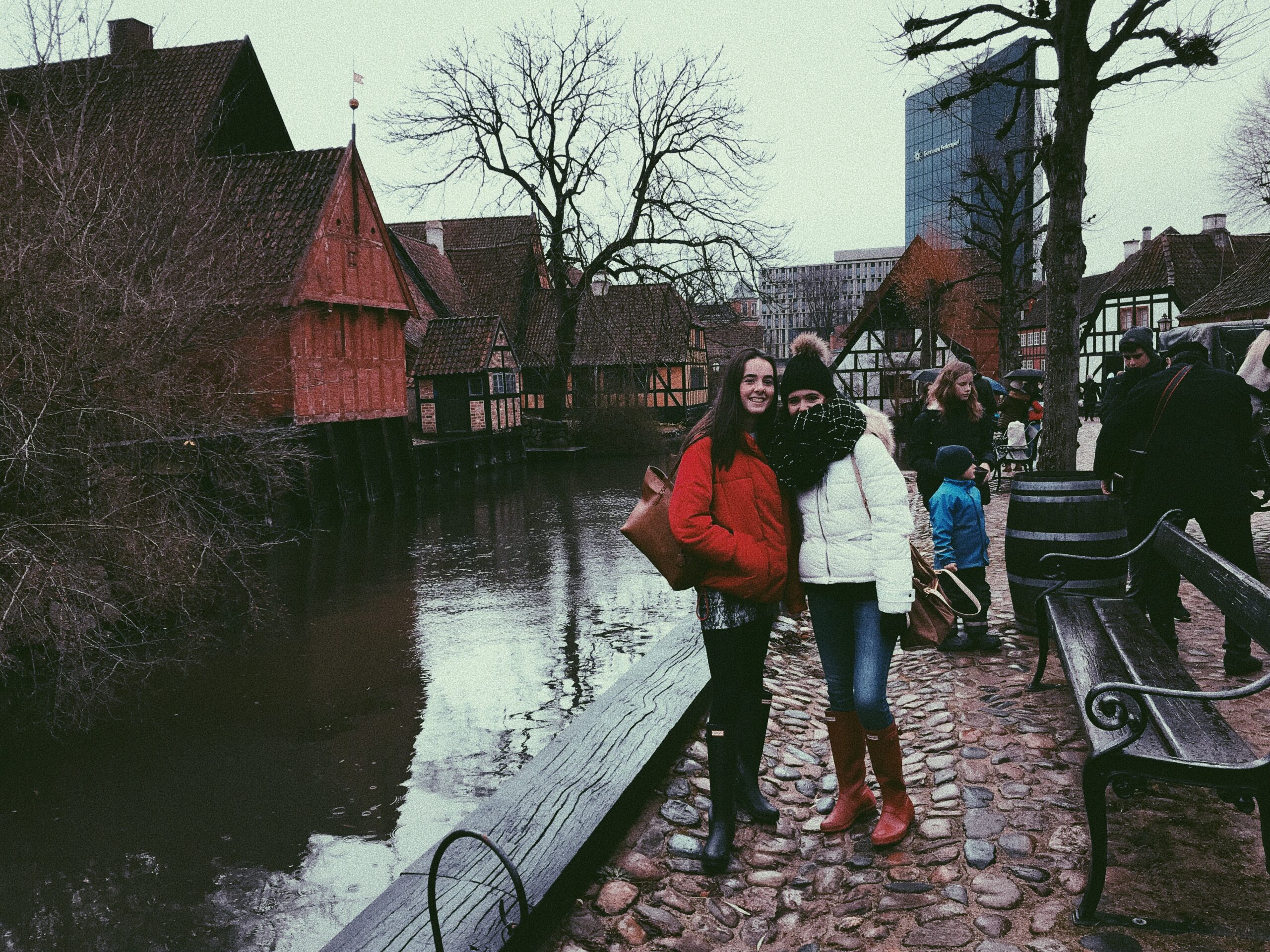
Students with B2+, C1 or C2 level in English, French or German get the chance to adapt their foreign language learning process: they can tailor the pace, manage their work times differently, etc.
This approach can be used at different times during the year, on agreement with the teacher and the family.
Students in the first year of post-secondary level may take the whole year’s course in Canada, the United States or New Zealand if they wish. Knowledge of the local customs, developing personal independence, increasing language proficiency and improving problem-solving skills are all competencies developed through this kind of experience.
If a student opts for a stay abroad of this type it can condition their subsequent studies, so it is recommended they make a joint decision together with their tutor.
This programme abroad is run in collaboration with EAS Vele.
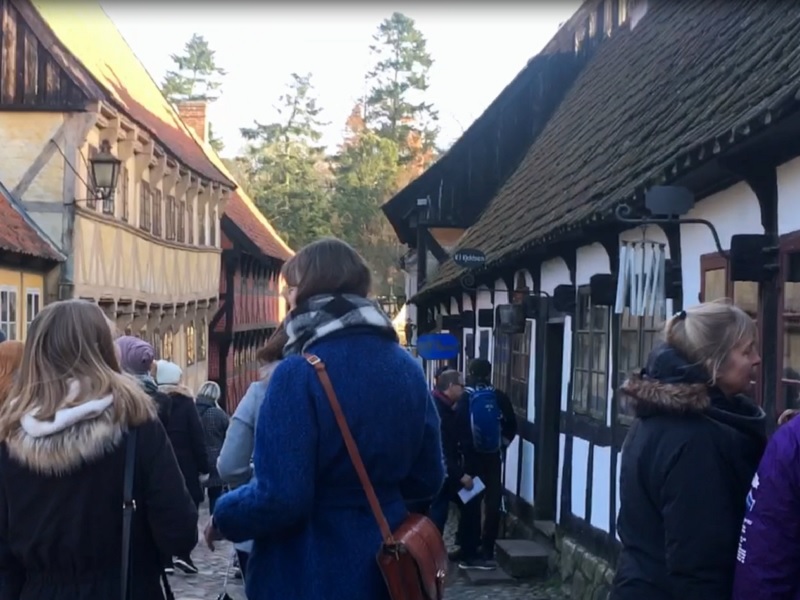
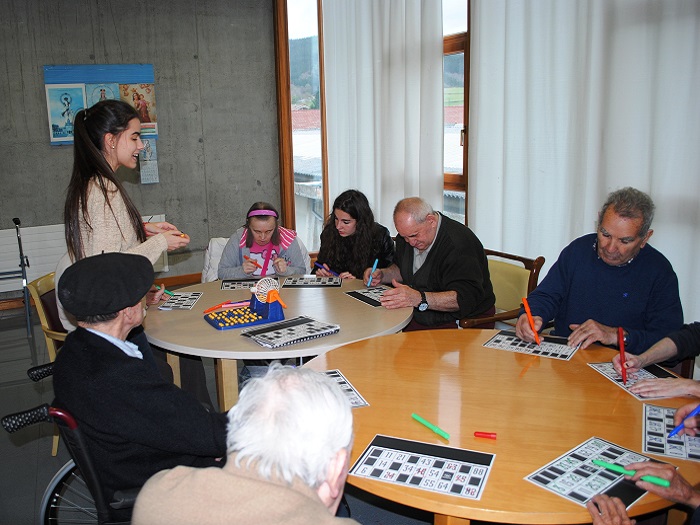
The students who choose to do so can also participate in the volunteer scheme, coordinated by the ikastola at the centre itself or at other charter institutions, carrying out community, educational or support work.
During their secondary and post-secondary education, the students carry out various projects involving filming and editing a related video. This helps them to acquire knowledge of professional recording and editing and to develop spoken and digital communication skills.
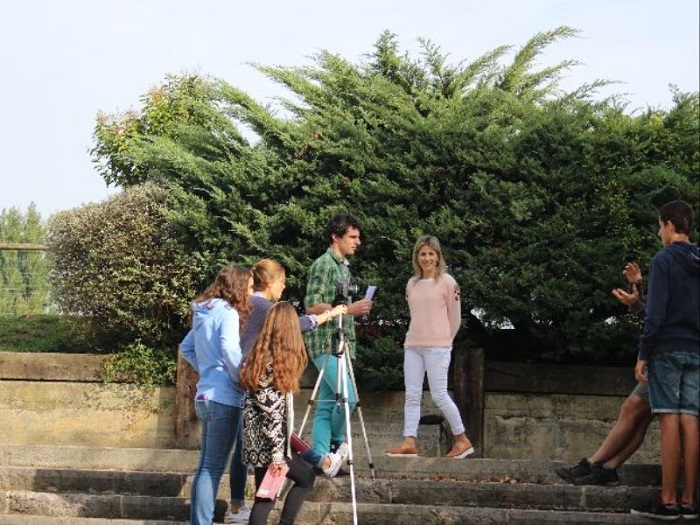
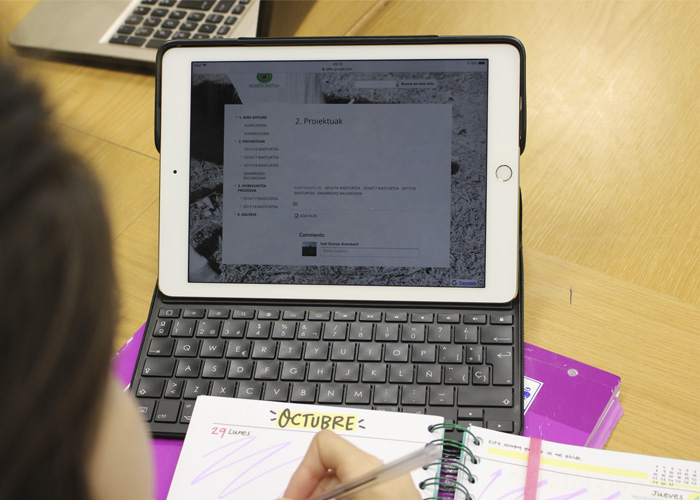
Each student creates their own learning portfolio based on the projects they have carried out, the progress they have made and how they wish to improve, developing their capacities and experiences and growing as a person.
Students in the second year of post-secondary have the option to attend Lauaxeta Ikastola’s Official School of Instructors (Euskaraz Egin Taldea). An official instructors’ programme is available at the centre itself.
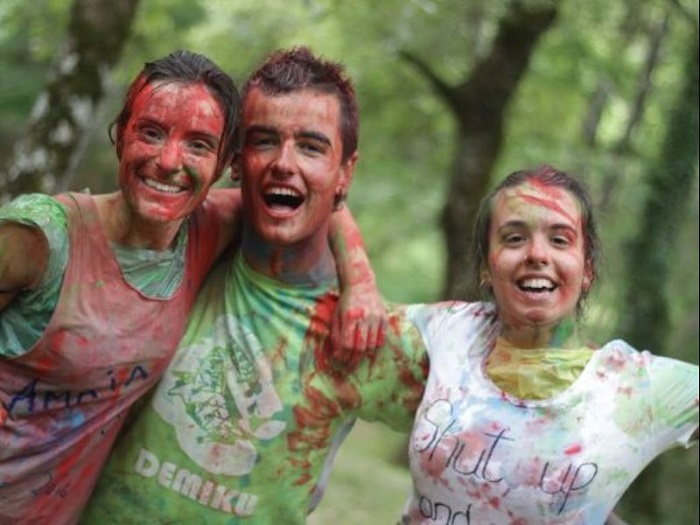
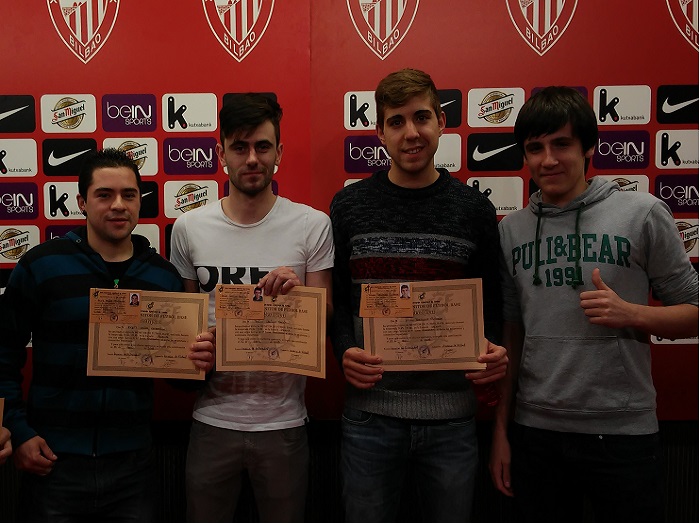
The students have the option of preparing to be a sports coach at the Ikastola. These courses are given by certified professional technicians.
The students can obtain the official diploma in first aid and lifesaving, completing the corresponding courses at the ikastola itself and passing the official exams required.
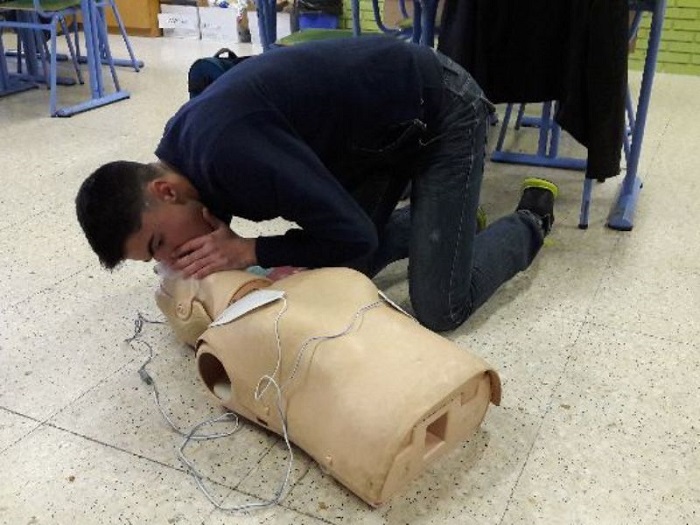
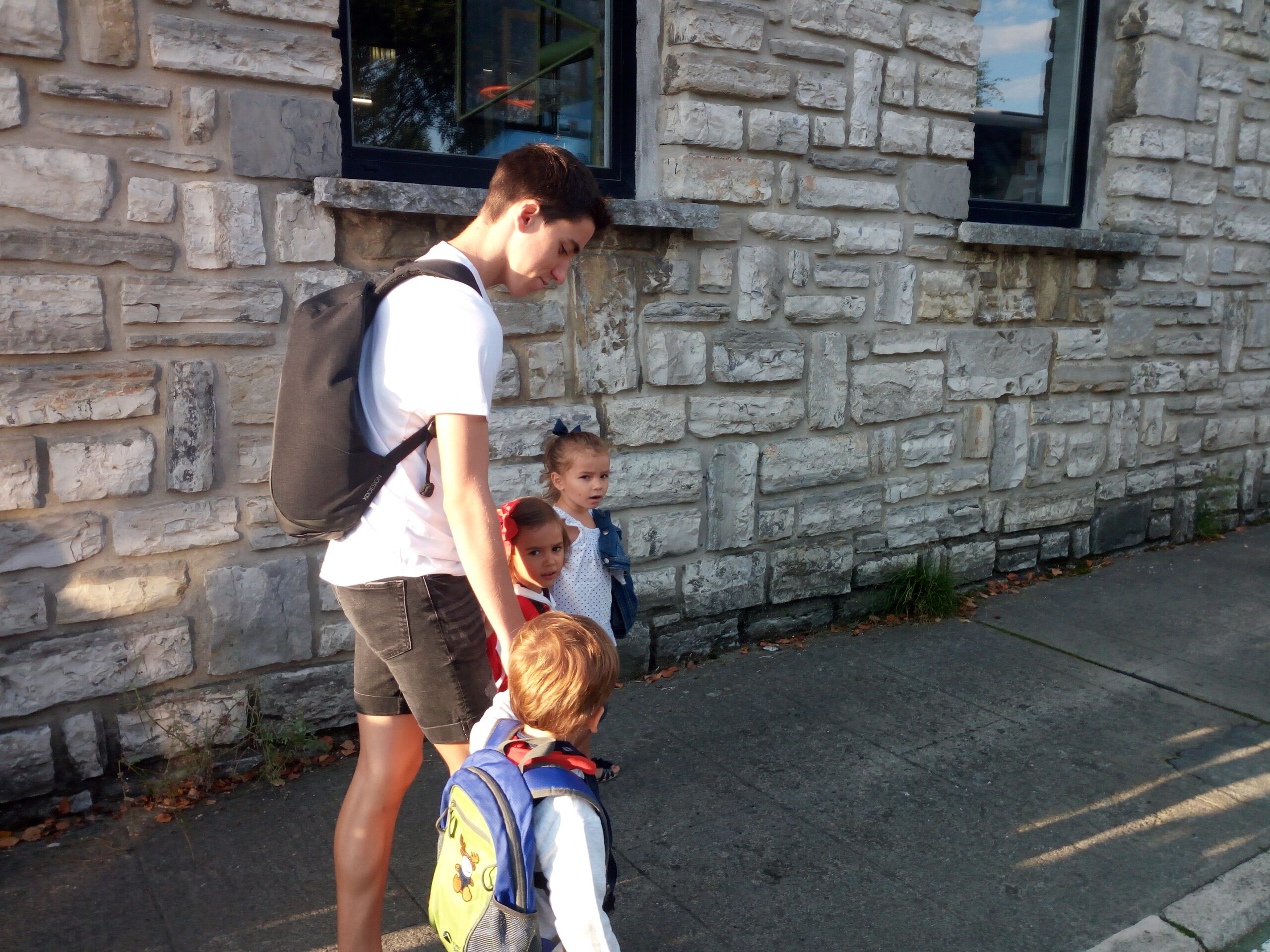
Any students who so desire can collaborate as helpers on the buses. This consists of the older secondary and post-secondary students accompanying the younger ones, both for getting on the school bus and for any needs they may have while on the bus or going from the bus to the school premises. This provides the youngest students with companionship, help and a positive example.